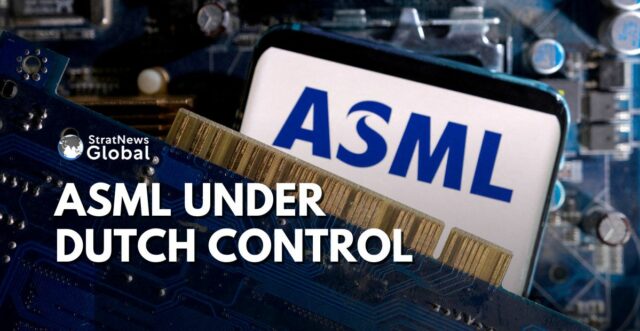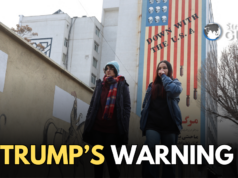The Dutch government on Friday said it would expand export licensing requirements for some ASML tools, effectively retaking oversight over them from the United States and aligning the two countries’ policy.
ASML specialised in developing and manufacturing photolithography machines that are essential for producing computer chips.
US Unilateral Regulation
The United States had previously unilaterally regulated those tools, as part of its campaign to restrict access to advanced technology by Chinese chipmakers, to slow Beijing’s technological and military advances.
ASML said in a statement that it did not expect the change in oversight to impact earnings this year or in the future.
“I’m making this decision for our safety,” said Dutch Trade Minister Reinette Klever, announcing the update. “We see that due to technological developments there are more safety risks in the export of these specific production machines.”
Arising Tensions
While the U.S. and Netherlands remain in talks over export policy, Friday’s decision is a practical move that should relieve some tension between the governments.
The machines in question, ASML’s 1970i and 1980i DUV (Deep Ultraviolet) immersion lithography tools, are approximately in the middle of its product range.
Under U.S. pressure, the Dutch government has never allowed ASML to ship its very best EUV (Extreme Ultraviolet) tools to Chinese customers, while it began requiring a license for NXT:2000 series and better DUV tools in Sept. 2023.
ASML warned Chinese customers not to expect delivery of those tools starting in 2024. However in October 2023, the U.S. unilaterally began restricting ASML’s shipment of the 1970i and 1980i tools, on the argument that they contain some U.S. parts.
Members of the Dutch parliament raised questions about the implications for the Netherlands’ sovereignty, while ASML, a Dutch company, struggled to keep up with separate licensing requirements in the U.S. and Netherlands.
(With inputs from Reuters)





